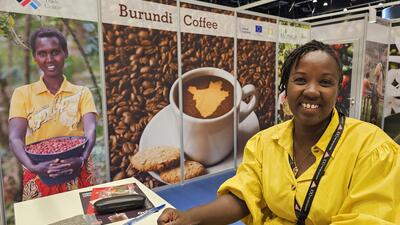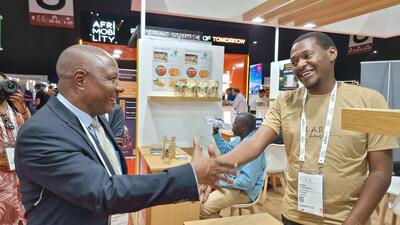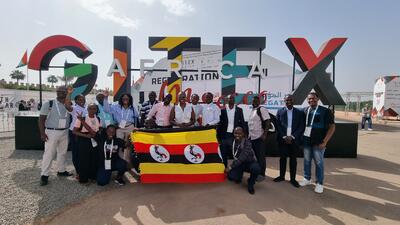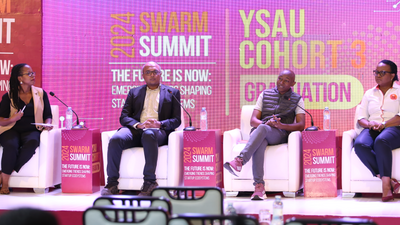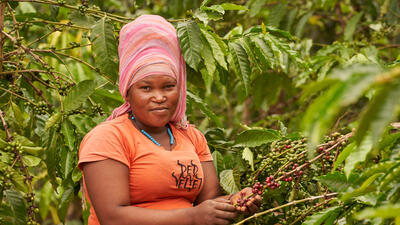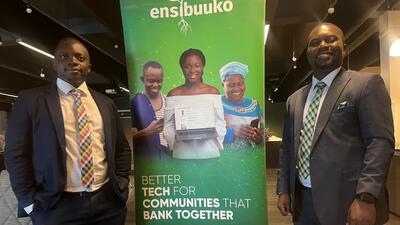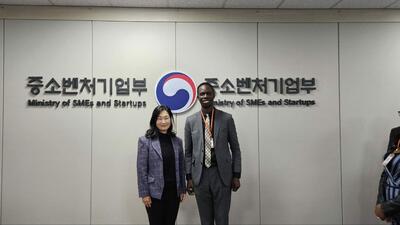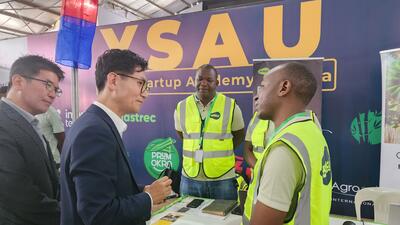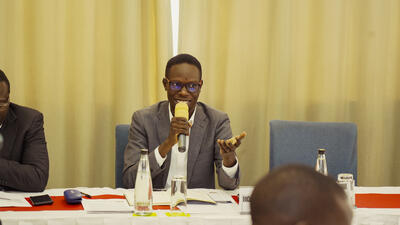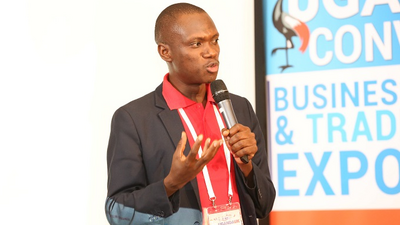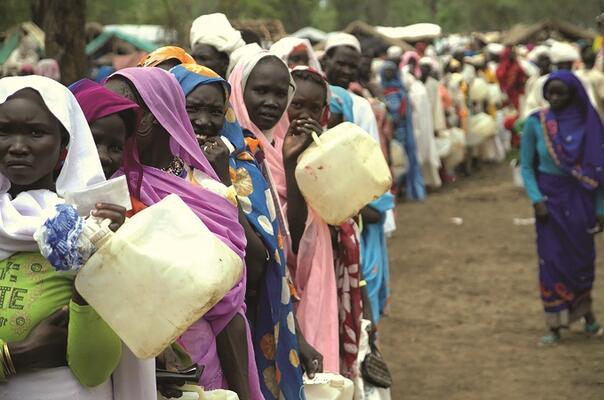
Uganda: vocational skills contribute to refugee integration
The cycles of conflict in South Sudan in December 2013 and July 2016 resulted into a large influx of refugees into Uganda. More than 317,000 South Sudanese refugees sought refuge in the Adjumani district in the north of Uganda.
To help those who emigrated, Uganda adopted a liberal refugee protection environment. It includes freedom of movement, the right to work and establish businesses, the right to documentation. access to social services. and allocation of land for shelter and agricultural production.
Governed by an asylum policy enshrined in the Refugee Act of 2006 and the Refugee Regulations of 2010, the Government of Uganda also initiated steps to further build on the enabling environment through the inclusion of the Settlement Transformative Agenda in its five-year National Development Plan II (NPD II 2016-2020), especially the Refugee and Host Population Empowerment (ReHoPE) framework.
Other nations are also stepping up to assist. As part of an action to respond to the South Sudan crisis, the Norwegian Refugee Council (NRC) signed a memorandum of understanding with the Office of the Prime Minister to implement food security and livelihoods as well as education activities in refugee settlements in the Adjumani and Arua districts. Part of the education programme is the development of vocational skills for the benefit of young men and women. This is done in collaboration with the Directorate of Industrial Training, a government agency that oversees vocational skills development.
ECONOMIC SELF-RELIANCENRC is targeting refugee and host communities to help youth in gaining economic selfreliance through enterprise that supports their communities and builds self-esteem. Through an integrated approach NRC has implemented vocational skills training (VST). Some 450 trainees have completed six-month, non-formal training in trades including bakery, electronics, hair dressing, tailoring, brickmaking, poultry, horticulture and carpentry. Youths are also taught business skills, life skills and functional literacy and numeracy. Upon successful completion, each graduate receives a start-up kit with all the essential tools and inputs for beginning a business in their chosen trade.
‘Out of the 450 graduates, 80% of them are now engaged in gainful employment or business after receiving start-up kits from NRC,’ says Hosana Adisu, the NRC representative in Uganda. ‘They have managed to form groups and set up businesses like beauty salons, bakeries, poultry units and tailoring stands in the market. Some have been working with infrastructure contractors. Recently, 10 of our graduates were instrumental in the construction of temporary shelters responding to the influx of new refugees.’
LOOKING FORWARDWith the continuing influx of South Sudanese refugees, NRC plans to expand and scale up the vocational skills training programme. To better meet the needs of communities, NRC will open a dormitory to house young male and female students who live too far from the training centre. In addition, a feasibility study is underway to look at ways to create a mobile training unit. Training shifts will also cater to the increasing demand from refugees and host communities to enroll for training. Additionally, carpentry students will begin making school desks, while tailoring classes will sew school uniforms to support the refugee children to integrate in the nearby schools in a programme also supported by NRC.
‘Directing resources more to beneficiaries, reaching more women and children, targeting 70% refugees and 30% host communities as NRC is doing, is the best humanitarian minimum standards any organization responding to an emergency should observe,’ says Halimo Hussein Obsiye, Head of UNHCR’s field Office in Adjumani.




